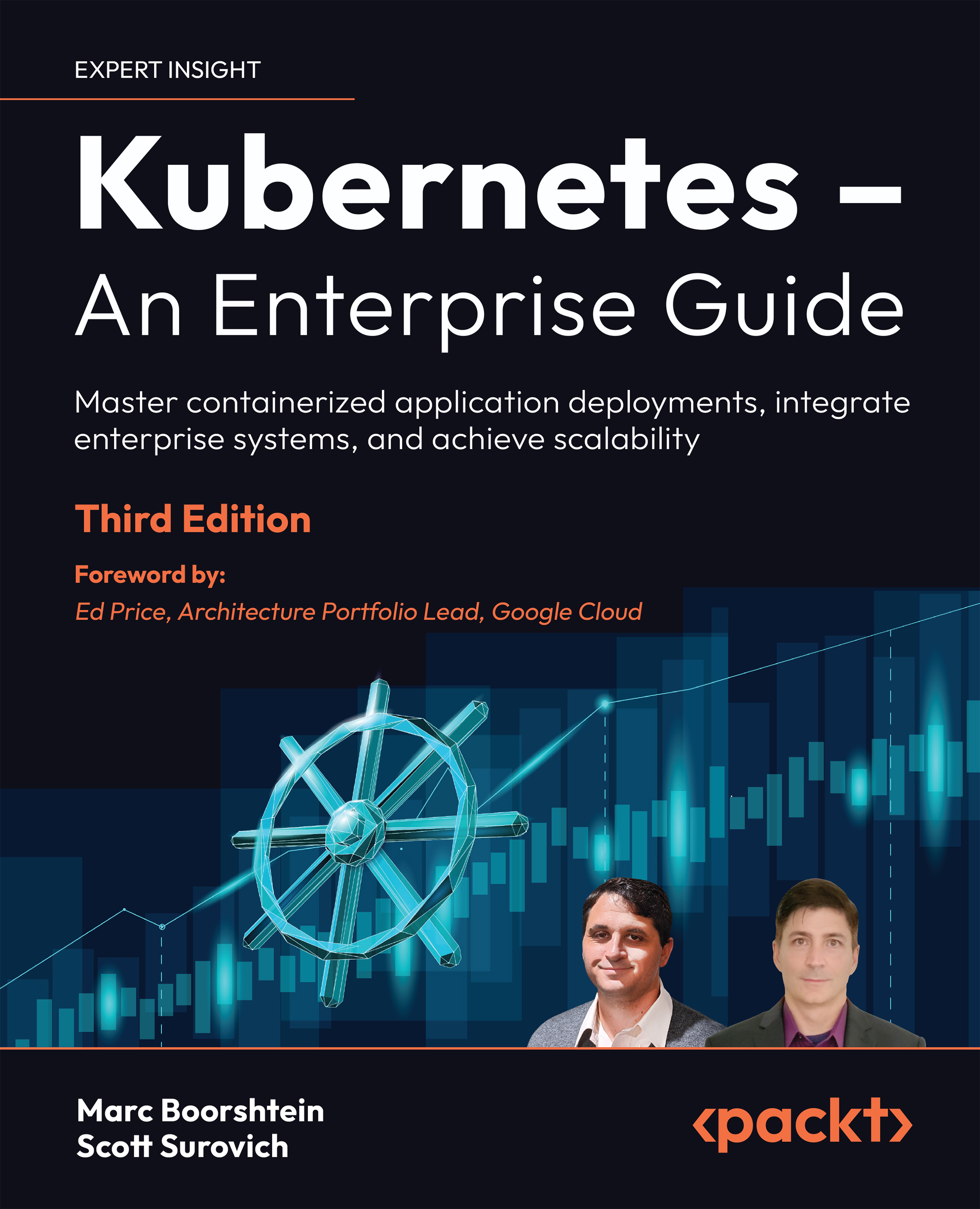Layer 7 load balancers
Kubernetes offers Ingress controllers as layer 7 load balancers, which provide a means of accessing your applications. Various options are available for enabling Ingress in your Kubernetes clusters, including the following:
- NGINX
- Envoy
- Traefik
- HAProxy
You can think of a layer 7 load balancer as a traffic director for networks. Its role is to distribute incoming requests to multiple servers hosting a website or application.
When you access a website or use an app, your device sends a request to the server asking for the specific web page or data you want. With a layer 7 load balancer, your request doesn’t directly reach a single server, instead, it sends the traffic through the load balancer. The layer 7 load balancer examines the content of your request and understands what web page or data is being requested. Using factors like backend server health, current workload, and even your location, the load balancer...
































































